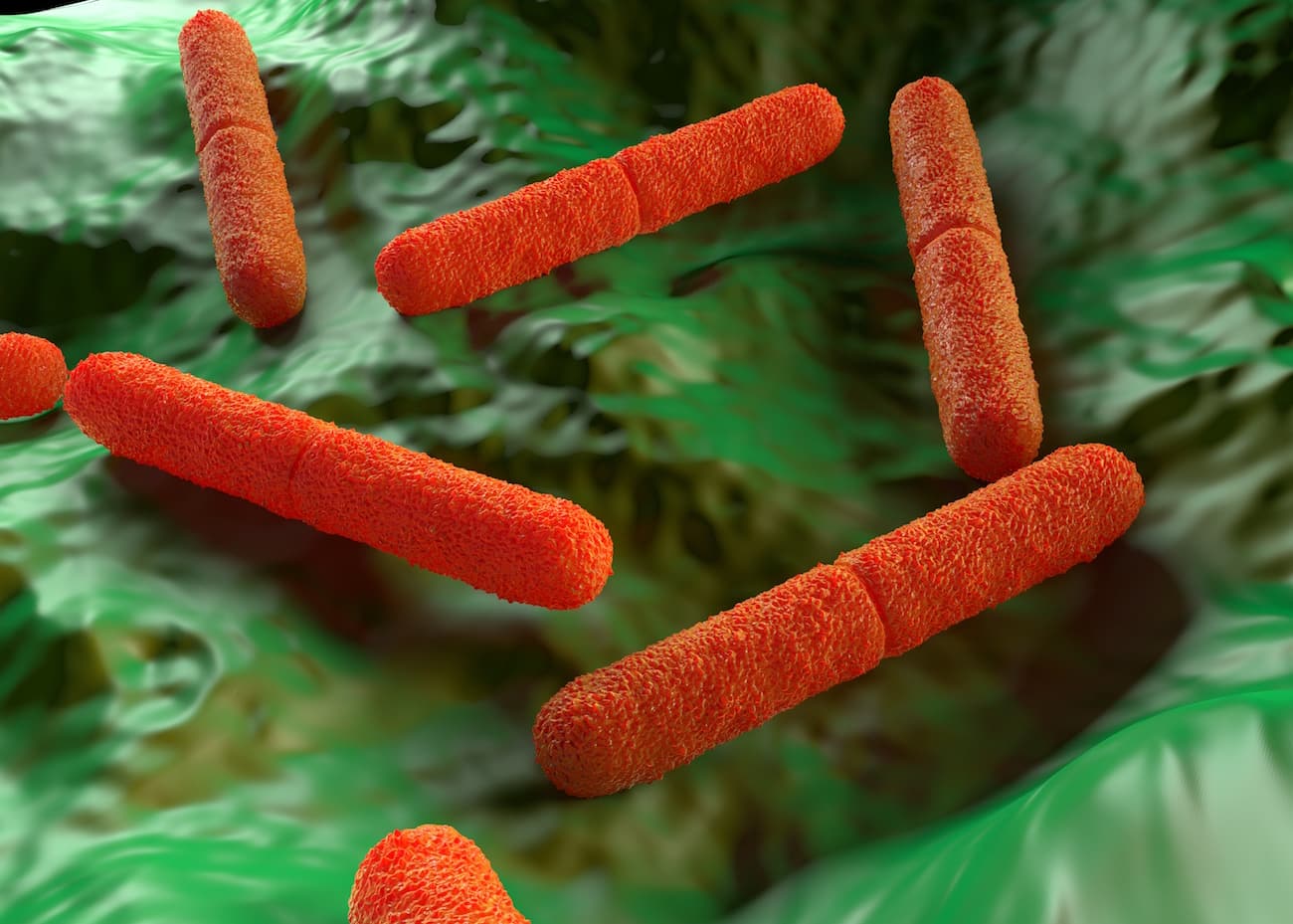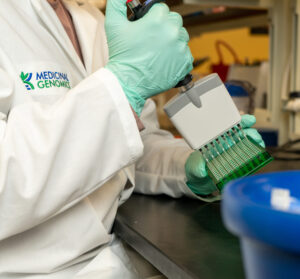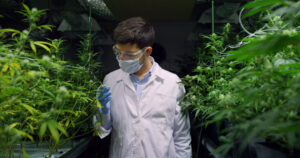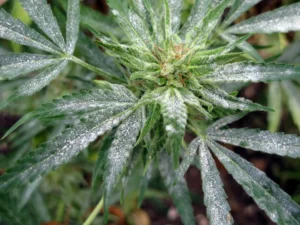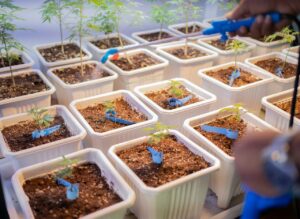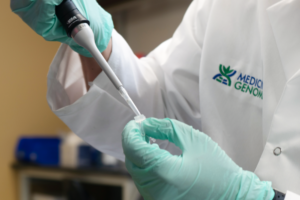A previous version of draft guidelines for cannabis testing in Florida listed Clostridium botulinum as a target for microbial testing. On the surface, this seems like a prudent action. After all, C. botulinum is a nasty organism that is responsible for a life-threatening disease called botulism.
However, because it is so dangerous, the CDC/USDA has placed it on the FEDERAL SELECT AGENTS AND TOXINS LIST. This makes it very difficult for labs to acquire C. botulinum organisms to validate their tests. It requires BL3 storage and BL2 CO2 glove boxes to culture because it’s an obligate anaerobe. We don’t know of a single cannabis testing lab that has a BL3 lab. There are also no attenuated strains available.
We know how hard it can be to test for C. botulinum. In a 2016 study, we detected C. botulinum DNA on a cannabis sample using 16S sequencing of short amplicons. Those results should always be verified with a species-specific confirmation assay, which we have designed. Our qPCR assay detects the four toxin genes in C. botulinum, but it has sat on the shelf because we can’t get access to the organism to calibrate the CFU/g to Cq correlations. If MGC can’t get it, your local testing lab will have an equally hard time getting it, and local lab validation will be impossible.
Beware of other microbial testing technologies who claim to have a C. botulinum test
One of our competitors is used one of our publications to lobby for a law in Florida that will require testing for Clostridium botulinum. We think they did this because they falsely believe they have the only assay that can pick this up.
They are clearly unaware of how long we’ve been working on this given we were the first to ever detect this on Cannabis. Their lobbying for this will backfire. To add insult to injury, the competitor’s C. botulinum probe is flawed. It is only 22bp long and hits Arabidopsis.
This is significant because if C. botulinum is identified, labs have to report this detection to the Federal Select Agent Program with a form describing how you destroyed the cannabis product (plant, CIP, etc). Imagine reporting false positive hits on Arabidopsis to the CDC and the mess that invites.
We have a more comprehensive assay designed than the company that lobbied for this, but we are very concerned our 2016 16S data is an off-target discovery that was too difficult for us to verify or nullify due to the highly-regulated nature of this organism.
Conclusions
It is a very bad idea to include C. botulinum in cannabis testing regulations given the limited evidence that exists for this threat today. We can confidently say this as we are the ones that discovered it and know first hand how this would bring medical access and legalization to screeching halt. One way to slow down legalization and medical access in a state is to make the testing near impossible to pass or to require the intervention of a federal defense agency that is not allowed to assist the industry.
For all these reasons, we are happy to see the draft guidelines for Florida testing that were published September 12, 2019, do NOT include C. botulinum.

